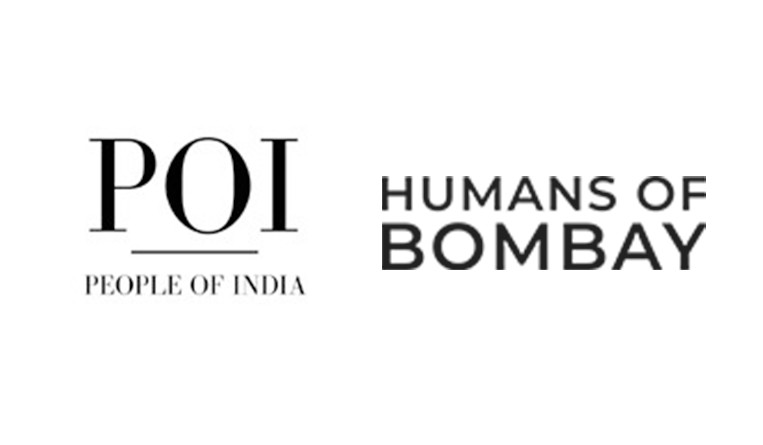3 digital storytelling platforms, 1 copyright infringement suit
27 October 2023

Picture: Instagram/People of India, Humans of Bombay
There can be no monopoly over the running of a storytelling platform; copyright vests in the expression of an idea but not in the idea itself.
This was encapsulated in the Delhi High Court ruling, which put an end to the copyright infringement lawsuit filed by Humans of Bombay (HOB), India’s largest storytelling platform owned by Karishma Mehta, against a similar platform called People of India (POI) on October 11, 2023. In its lawsuit, HOB alleged that POI copied its business model and content. Mehta began HOB in 2014, while POI was launched a few years later.
As storytelling platforms, HOB and POI feature stories of people from a given place using photos, videos and interviews, and share their content through social media posts.

Anooja Padhee, Senior Associate, K&S Partners, Gurugram
“When the suit was first filed, it appeared from a preliminary review that the copyright infringement suit filed by HOB had merit,” said Anooja Padhee, a senior associate at K&S Partners in Gurugram.
Initially, the court issued an interim order in favour of HOB, citing substantial imitation between the two platforms. Some photographs and images were even deemed identical or imitative. However, the legal and public perception of the case changed when it became evident that Mehta’s HOB had also drawn inspiration from Humans of New York (HONY) platform.
HONY shares a similar concept to HOB and POI, featuring photos and interviews with people on the streets of New York City. Since its launch in 2010, it has amassed over 20 million followers on social media.
After Mehta filed the suit, HONY creator Brandon Stanton accused Mehta of committing the same copyright infringement she was fighting against by misappropriating his HONY project. However, as mentioned, there is no copyright in an idea, only in the expression of the idea. Padhee clarified the legal stance on the issue.
“While Stanton may be credited with the idea behind a storytelling platform such as HONY, he does not own any copyright in the idea. His copyright may vest in the photographs, language of the stories, other literary content and the manner of representation of posts on HONY. Therefore, while Karishma Mehta may have been inspired by the idea of storytelling through the HOB medium by Stanton’s original idea of HONY, there is no violation of copyright by mere operation of a similar platform,” she explained.
The Delhi High Court upheld this perspective in its ruling.
In its decision, the court shed light on several crucial aspects of the case. Notably, some content that HOB claimed was copied by POI was actually not commissioned by HOB but rather shared by the subjects. In response to HOB’s allegations, POI pointed out instances of identical images used on the HOB platform that were initially posted on POI. Both platforms cited various justifications for this, such as the content originating from a common source, common subjects or settings.
The court opted not to delve into these justifications, instead issuing an order for both parties to cease using each other’s copyrighted works. Furthermore, the court clarified that neither platform could claim copyright over images, photographs or videos submitted by individuals or subjects from their private collections.
“While Mehta’s copyright claim was not completely without merit, in some instances they were claiming rights in works on which they did not have any copyright. Whether this was an instance of ignorance in what constitutes copyrighted work or an over-reach cannot be said. But the ensuing criticism, which was sometimes vicious, was most definitely a result of ignorance of the legal position. Hopefully, now that the court has clarified and settled the issue, social media platforms such as HOB and POI will be more aware of the legal status of their work and have better knowledge of their and third-party rights,” said Padhee.
- Espie Angelica A. de Leon






